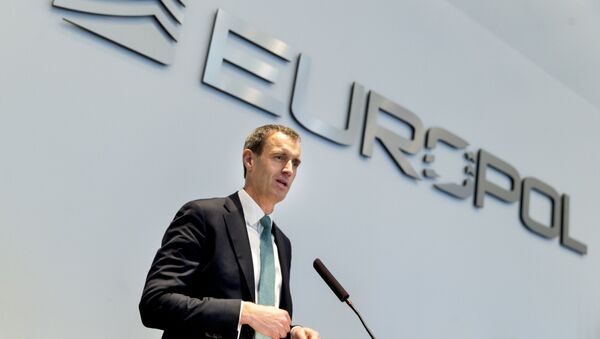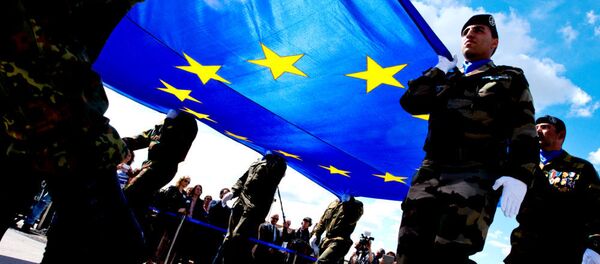Rob Wainwright, director of the European Police Office, Europol recently told the Italian parliament's Schengen committee that another major terrorist was likely to happen in Europe. Wainwright said Europe's terror threat was still very high.
"The most serious since the time of September 11 and I fear that another attack in Europe is probable in the future."
Wainwright said the priority for Europol was to "identify other terror networks and activity in Europe," following intelligence that revealed that Daesh had plans to attack European cities.
The attack on Brussels in March 2016, left 32 people and three suicide bombers dead took place soon after the intelligence was revealed. It also followed three recent terrorist attacks on European citizens.
On June 26 2015, 38 people were shot dead by a gunman who attacked a hotel beach with European tourists sunbathing on it in Tunisia.
On 7 January 2015, a series of five attacks occurred in and around Paris, killing 17 people and wounding 22 others.
The vote by MEPs favor of enhancing Europol's mandate is hoped to counter the increase in cross-border crimes and terrorist threats.
What it means is that the EU's law enforcement agency will be able to set up specialized units to respond to emerging terrorist threats and organized crime.
#Europol welcomes the decision of the @ecb to stop printing EUR 500 note. Read more about it: https://t.co/WfJd2QKhEF
— Europol (@Europol) May 5, 2016
It will also be able to exchange information directly with firms and NGOs faster; including contacting Facebook directly to ask it to delete a web page run by Daesh to prevent the spread of terrorist propaganda.
Yet the reality is that atrocities have already been carried out by Daesh attacking Europeans at home — and abroad since the establishment of Europol in 1995.



